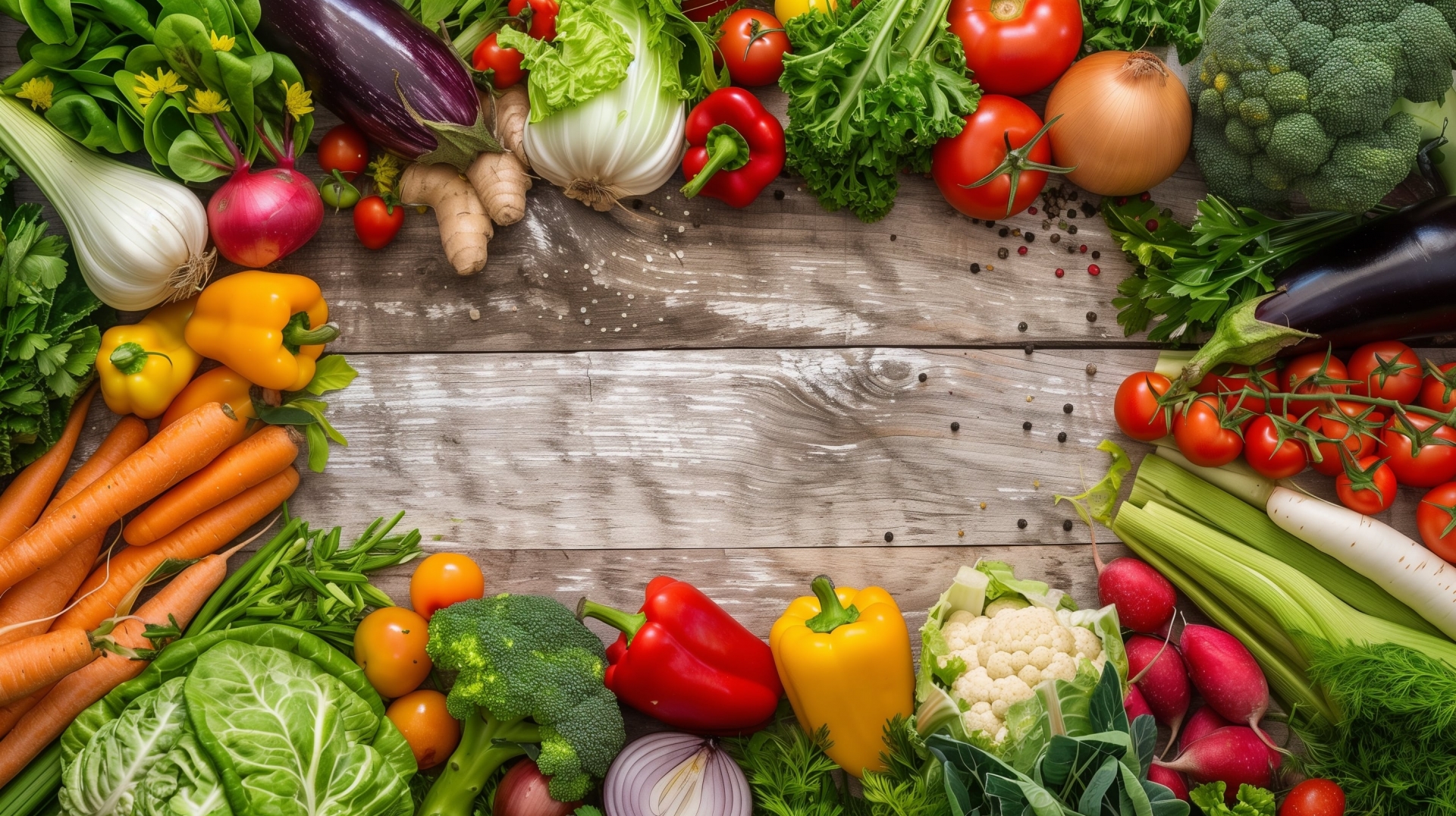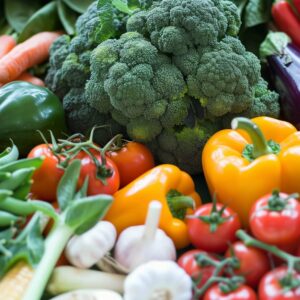Causes of Varicose Veins and Food: Facts and Misconceptions
When it comes to varicose veins, there is a lot of information circulating on the internet and in the media. Some of it includes misconceptions such as “food causes varicose veins” or “there are foods that cure varicose veins.” The truth is, there are no specific foods that cause varicose veins. However, it is true that diet impacts overall health and may indirectly affect vein health. In this article, we will explain the real causes of varicose veins and provide tips on how diet can support vein health.

What Causes Varicose Veins?
Varicose veins occur when the valves in your veins fail to function properly. Normally, these valves prevent blood from flowing backward, but when they become damaged, blood can flow in reverse, causing the veins to enlarge. This is the primary cause of varicose veins.
Several factors contribute to the development of varicose veins, including:
- Genetic factors: If your family has a history of varicose veins, you are at a higher risk.
- Aging: As you get older, the valves in your veins tend to weaken.
- Pregnancy: During pregnancy, weight gain and hormonal changes increase the pressure on veins, raising the risk of varicose veins.
- Long periods of standing or sitting: Holding the same position for long periods can cause poor circulation, increasing the risk of varicose veins.
- Obesity: Excess body weight puts additional pressure on leg veins, making varicose veins more likely to develop.
The Relationship Between Varicose Veins and Food
There are no foods that cause varicose veins. That said, a healthy diet is important for improving overall blood circulation and maintaining vein health. In particular, a good diet can help reduce factors such as obesity and constipation, which can indirectly affect vein health.
Here are some nutrients and foods that can support vein health:
- Fiber-rich foods
Constipation can increase abdominal pressure, putting extra strain on veins. Consuming foods high in fiber helps keep digestion smooth and prevents constipation.- Recommended foods: Whole grains, vegetables, fruits, legumes, seaweed, mushrooms
- Foods rich in antioxidants
Antioxidants help protect blood vessels and improve blood flow. Foods rich in vitamins C and E are especially good for maintaining the elasticity of veins.- Recommended foods: Berries, citrus fruits, nuts, leafy greens
- Hydration
Staying well-hydrated is important for keeping your blood flowing smoothly. Dehydration can thicken the blood, slowing circulation.- Recommendation: Drink plenty of water or herbal tea regularly.
- Limit sodium intake
Excessive salt can cause the body to retain water, which adds pressure to veins. Reducing salt intake can help prevent swelling and lower the strain on your veins.- Recommendation: Be mindful of the salt content in processed foods and fast foods, and aim to cook with less salt at home.
Conclusion: Lifestyle Habits Matter More Than Food
There are no foods that directly cause varicose veins. However, a healthy diet plays an important role in overall health and maintaining the wellbeing of your veins. Paying attention to your daily diet, exercising regularly, managing your weight, and avoiding long periods of standing or sitting can help prevent varicose veins.
In addition to diet, moderate exercise and reviewing your lifestyle habits are key. If you have any concerns or questions about varicose veins, it is recommended to consult a specialist for appropriate advice.




